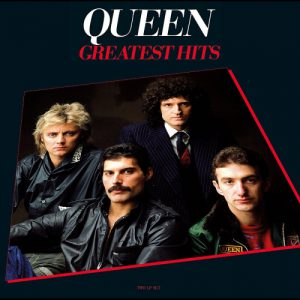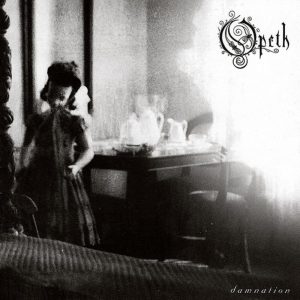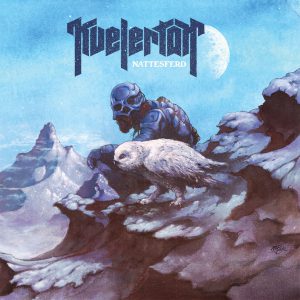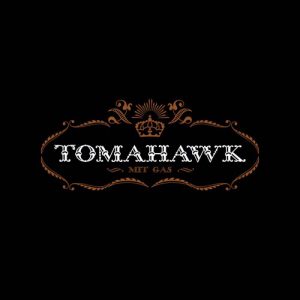Queen Greatest Hits (UK Version) Review
General Information:
Artist: Queen
Album: Greatest Hits (UK Version)
Genre(s): Rock
Subgenre(s): Art Rock, Progressive Rock
Released: 1981
Length: 58 minutes
Language(s): English
Label(s): EMI, Parlophone Records, Hollywood Records
Track List:
01. Bohemian Rhapsody
02. Another One Bites the Dust
03. Killer Queen
04. Fat Bottomed Girls
05. Bicycle Race
06. You’re My Best Friend
07. Don’t Stop Me Now
08. Save Me
09. Crazy Little Thing Called Love
10. Somebody to Love
11. Now I’m Here
12. Good Old-Fashioned Lover Boy
13. Play the Game
14. Flash
15. Seven Seas of Rhye
16. We Will Rock You
17. We Are the Champions
Queen Greatest Hits (UK Version) Review
Greatest Hits is the first compilation and ‘best of’ album from iconic British rock band Queen. Released in different regions with slightly altered track listings, there isn’t a strictly definitive version of the compilation. The UK version features at least one song from every album from Queen II (1974) through to the Flash Gordon film soundtrack (1980).
Bohemian Rhapsody is the opening track and was Queen’s first and only number one UK single (1975) when Greatest Hits was released. One would not expect lyrics about committing a murder (Mama, just killed a man/Put a gun against his head/Pulled my trigger, now he’s dead) being executed via the electric chair (Thunderbolt and lightning/Very, very frightening me) and then sent to hell (Beelzebub has a devil put aside for me) to be part of the package.
Coming from a progressive rock background where song-writing sensibilities demand musical boundaries to be pushed, they are effortlessly married to pop accessibility and rounded off with a flamboyant exuberance rarely found elsewhere. Most notably this is found in the operatic segment of Bohemian Rhapsody, where the nonsense lyrics are spliced between the narrative just for the sake of doing so it seems. The song also lacks a chorus which makes it even more of an oddity in pop music and, yet, this unlikely single became one of the most easily recognised songs in British pop culture.
Considering that there are songs from 8 different releases on Greatest Hits, and noting Queen’s lack of inhibition when it came to crafting their sound, it should be of no surprise that the songs do not always flow from one to the next effortlessly. What is more remarkable is that everything featured here was released in a short period of 6 years.
After Bohemian Rhapsody the listener suddenly finds themselves a world apart in the mind numbingly repetitive bass hook from funk rock hit Another One Bites the Dust. More twists and turns ensue with the jovial piano-driven Killer Queen about a call girl and the sentimental You’re My Best Friend was written by bassist John Deacon for his wife. The centre piece of Greatest Hits is the infectious rock ‘n’ roll of Crazy Little Thing Called Love featuring hand claps, an acoustic guitar and Freddie Mercury’s Elvis-inspired performance but the bass is the underlying source of the momentum here. Jumping from that to the gospel arrangement on Somebody to Love or the jaunty nature of Good Old-Fashioned Lover Boy lacks even the pretence of consistency.
Greatest Hits is concluded with the two iconic anthems from News of the World; We Will Rock You and We Are the Champions. Often cited as a rock anthem, We Will Rock You is actually devoid of rock music entirely until Brian May’s guitar solo at the end. The rest of the song is made up of the instantly recognisable stomp/stomp/clap body percussion arrangement.
Immediately beyond the realm of a Spartan approach to music, Queen offers an absolute gourmet of songs that are loosely ordered into two halves as the best way to present the eclectic collection. The first is mostly material from Night at the Opera and Jazz whereas the second is divided evenly between Day at the Races, News of the World, Queen II and the ‘Flash’ theme song. Both halves have one song from Sheer Heart Attack and two from The Game, which produced four charting singles from 1979 and 1980, along with ‘Flash’ from the aforementioned film soundtrack.
Releasing this compilation at such a prosperous time for Queen must have played a big part in not only to the success of Greatest Hits as a business and marketing opportunity, but also in immortalising their contributions to music. Going on to sell over 25 million copies globally, it is one of the best-selling albums of all time and the best-selling album in their home country with 6.3 million copies sold to date.
For all the inconsistencies one could imagine finding on a compilation album, due to the nature of the format more than anything else, it isn’t necessarily the easiest thing to listen to all the way through. It will give newcomers a good oversight into the first half of Queen’s career and from there, a course can be plotted to specific albums based on any preference they find.
Ultimately, the flamboyant personality embodied by Queen combined with their immense creativity exemplifies what has made them endure as strongly as they have while attracting listeners, both new and old, to this day.
Performers:
Freddie Mercury: Lead vocals, piano, finger snaps, bicycle bells, handclaps, acoustic guitar, organ, synthesizer, foot stomps, co-lead vocals on “Fat Bottomed Girls” (chorus)
Brian May: Acoustic and electric guitars, backing vocals, bicycle bells, handclaps, piano, synthesizer, foot stomps, co-lead vocals on “Keep Yourself Alive” (bridge)
Roger Taylor: Acoustic guitar, percussion, backing vocals, timpani, gong, triangle, chimes, bicycle bells, handclaps, woodblocks, tambourine, foot stomps, cowbell, co-lead vocals on “Keep Yourself Alive” (bridge)
John Deacon: Acoustic, bass and electric guitar, piano, bicycle bells, handclaps, foot stomps
Additional Performers:
Mike Stone: Co-lead vocals on “Good Old-Fashioned Lover Boy”
Roy Thomas Baker: Stylophone on “Seven Seas of Rhye”
External Links:
Queen Homepage
Queen on Wikipedia
Greatest Hits on Wikipedia



